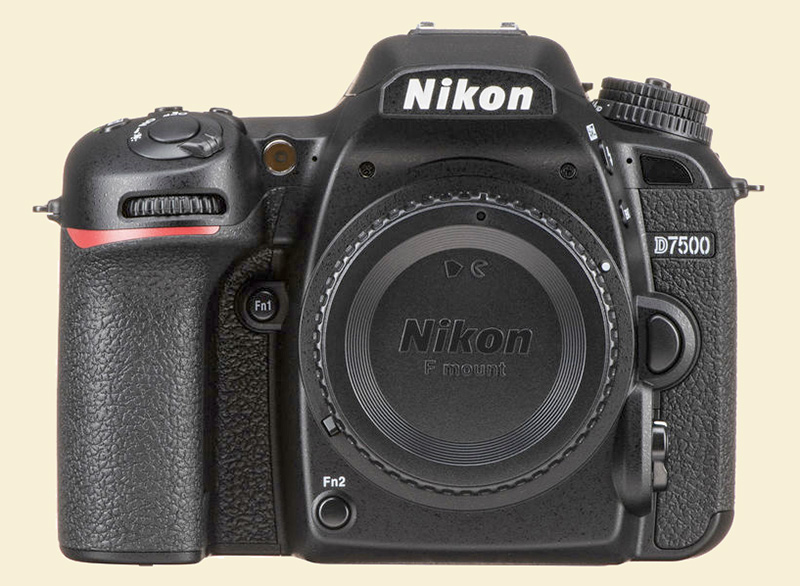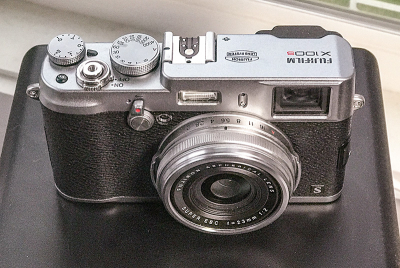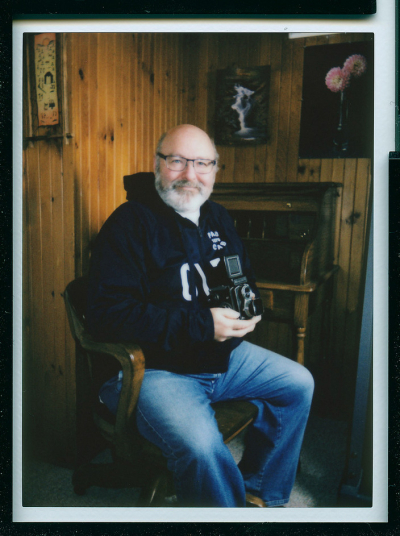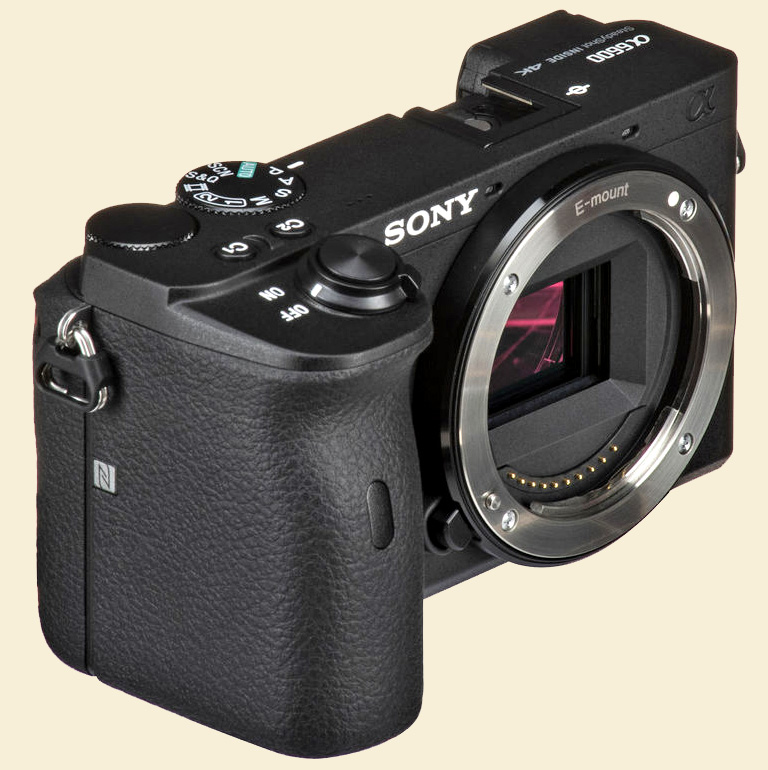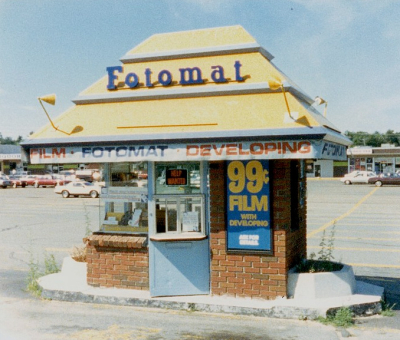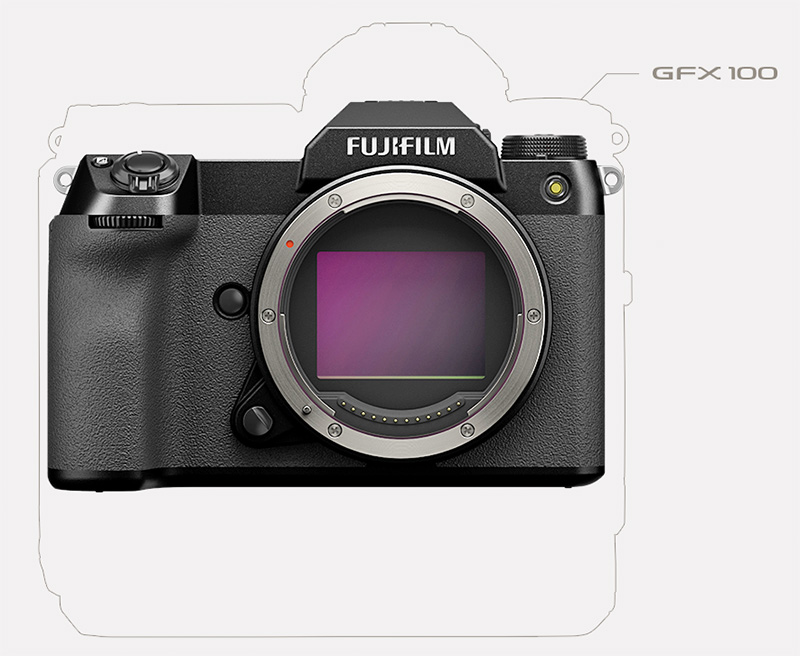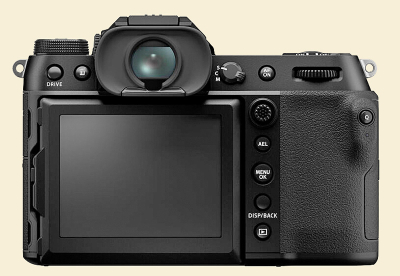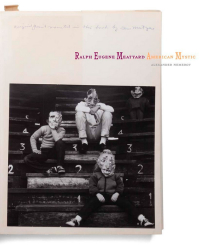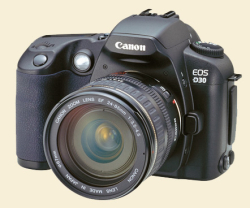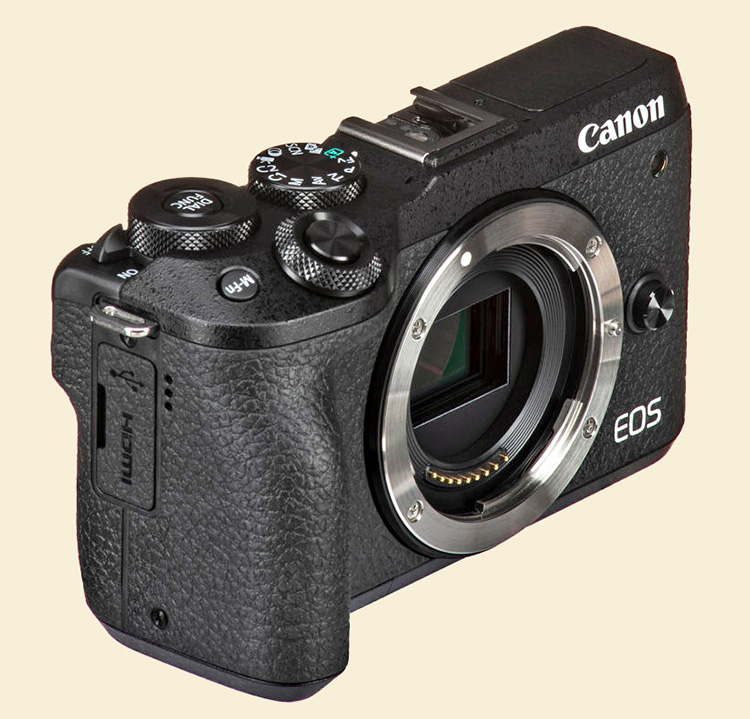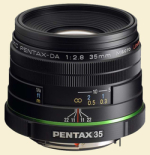Sroyon wrote: I feel like Leica (for example) has to some extent fallen victim to audience capture. The basic M design was so revolutionary, and attracted such a loyal following, that they're condemned to repeating it forever and ever with only minor tweaks allowed.
In the post below this we were talking about "audience capture," which theportal.wiki defines as "a self-reinforcing feedback loop that involves telling one's audience what they want to hear and getting rewarded for it."
Berny Belvedere wrote about a term called "intellectual capture":
It is very important to me to be able to avoid intellectual capture.
By that I mean putting myself in a position where I have to professionally censor what I really believe due to investors disagreeing with it, or advertising people not approving of it, or an audience not appreciating it. It is of paramount importance to me to avoid ever being in a situation like this.
That’s not because I have particularly explosive beliefs. It’s because the lifeblood of a writer is being able to think and write freely.
That used to be called being "co-opted" in the 1960s, if I'm not mistaken. If you were co-opted, you sold out—joined the oppressors, abandoned your higher principles, self-censored, etc.
The business of business is business
As far as business is concerned, it seems obvious that "capture" of some sort is part of the very nature of enterprise. You give your audience what they want because they will buy it. And since the goal of business is not something amorphous like "doing good" or "having integrity" but simply making money, there's a pretty coarse test of concept right at hand: if something sells, you were right, and if it's a dud in the marketplace then it's a fail. You are pursuing customers who will pay, and you'll give them whatever they will want to pay for. So of course businesses are "captured" by their audiences—at least, that portion of the audience that actually buys their stuff. And they want to be captured.
There are a lot of ancillary issues around this that have intermittently interested me, and we can't parse them all here. As you know, though, an issue that preoccupies me these days is complexification—the continual addition of features in order to vie for customers. As soon as one manufacturer adds GPS or dual card slots or slow-motion video or built-in Bluetooth or whatever, then everyone has to do it, and they get slagged in reviews if they don't. And no matter how many features the makers lard into their infernally cunning little computerized cameras, the mavens always laser down on the ones that are missing, which might include things nobody knew they wanted two years prior. The overall result has been that most consumers now just sidestep cameras. Because instead of making life easier, the ever-increasing trend toward extreme capabilities just makes things too complicated for mere humans to master during the shortish lifetime of any given product. When was the last time you read and mastered a whole camera instruction book? I used to do it as a matter of course. Now it's too much like taking a semester-long college course.
I personally think that cameramakers have painted themselves into a corner in this regard. They've catered to the neverending nattering of the nabobs until even experts don't know all the capabilities of their own devices. "Audience capture" has led them into making products that are fundamentally unappealing except to an ever-shrinking pool of hardcore mavens. The public, meanwhile, given a viable alternative in smartphones, is drifting away. Most potential buyers of cameras don't even know what an ƒ-stop is, or that best focus in a fixed-lensmount camera is a plane parallel to the plane of the sensor. How are they going to master 28 pages in the IB on AF setup?
I do agree with Sroyon's point about the M, although I like the camera. But here's the funny thing: given my preoccupation with complexification—more accurately put, my yearning for radical simplification, for purity—I actually think Leica is the one company that has not been captured by its audience. It's the only company that has the cojones to go against the crowd and make fundamentally simple cameras.
I wish it weren't so, because Leica is also our industry's only maker of Veblen goods, the one company that frankly caters to the carriage trade. Nothing wrong with that, except for me, because I can't/won't participate. I've only bought cameras that cost close to $3k twice in my life, and both times it just drove me crazy to have that much cash hanging from a strap.
You know what they say: Oh well.
Mike
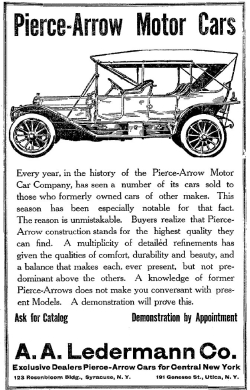 P.S. I once actually painted myself into a corner. In an outbuilding at my grandparents' summer cottage there was a chauffeur's room upstairs, because in the early days of the automobile it took three days to drive from Indianapolis to northern Michigan and my great-grandparents hired a driver to cope with the crappy roads and the incessant tire changes. (This would have been in the 1900s and 1910s.) Back then they stayed all summer and went home in the fall. And of course the driver had nothing to do once they got there but to hang out and wait for the drive back. So the little room above the workshop was for him to live in. I suppose it was only used for that purpose for a few years; roads and cars improved dramatically in a relatively short time. Anyway I and my friends used that room as a hangout, briefly, in my early teen years, and I found a can of green enamel down in the workshop that was still good, so, in the spirit of decorating the hangout, I happily painted the floor of the chauffeur's room green, ending up in a little aperture in the corner that led to the space under the eaves. After realizing what I had done and heartily experiencing the feeling of being an absolute dunce, I had to walk across the freshly painted enamel, repairing the footprints as I went, and then leave my now green-soled tennis shoes in the sun to dry so I wouldn't inadvertently leave a green footprint somewhere I oughtn't. So the expression "painted into a corner" has long been a vivid one for me. An older cousin later moved that old outbuilding down the shore to his own property. I don't know it for a fact, but I'd wager that little upstairs room still has a green floor.
P.S. I once actually painted myself into a corner. In an outbuilding at my grandparents' summer cottage there was a chauffeur's room upstairs, because in the early days of the automobile it took three days to drive from Indianapolis to northern Michigan and my great-grandparents hired a driver to cope with the crappy roads and the incessant tire changes. (This would have been in the 1900s and 1910s.) Back then they stayed all summer and went home in the fall. And of course the driver had nothing to do once they got there but to hang out and wait for the drive back. So the little room above the workshop was for him to live in. I suppose it was only used for that purpose for a few years; roads and cars improved dramatically in a relatively short time. Anyway I and my friends used that room as a hangout, briefly, in my early teen years, and I found a can of green enamel down in the workshop that was still good, so, in the spirit of decorating the hangout, I happily painted the floor of the chauffeur's room green, ending up in a little aperture in the corner that led to the space under the eaves. After realizing what I had done and heartily experiencing the feeling of being an absolute dunce, I had to walk across the freshly painted enamel, repairing the footprints as I went, and then leave my now green-soled tennis shoes in the sun to dry so I wouldn't inadvertently leave a green footprint somewhere I oughtn't. So the expression "painted into a corner" has long been a vivid one for me. An older cousin later moved that old outbuilding down the shore to his own property. I don't know it for a fact, but I'd wager that little upstairs room still has a green floor.
And by the way, one of the things I once treasured that is now lost is a scrapbook my great-aunt Margie made when she was a girl that documented one of those three-day trips to the cottage. There were a lot of pictures of punctured tires being changed at different locations. The car was an open touring car with a tonneau cover of a type that was common then. A Pierce-Arrow similar to the one above. According to family lore, my great-grandmother was the first female in Indianapolis to learn to drive; she made her chauffeur give her lessons on the little winding roads of Crown Hill Cemetery.
Book o' the Week
 Home Fires Volume II: The Present. There is of course a Volume I: The Past. TOP reader Bruce Haley has produced.
Home Fires Volume II: The Present. There is of course a Volume I: The Past. TOP reader Bruce Haley has produced.
These book links are a portal to Amazon.
Original contents copyright 2020 by Michael C. Johnston and/or the bylined author. All Rights Reserved. Links in this post may be to our affiliates; sales through affiliate links may benefit this site. As an Amazon Associate I earn from qualifying purchases.
(To see all the comments, click on the "Comments" link below.)
Featured Comments from:
Sroyon [OP]: "Ooh that's an interesting way to look at it! I like simple cameras too. I have the good fortune of owning an M3; I love it to bits. :-)
"I recently did a few photoshoots with dancers: DSLR, multiple speedlights, wireless trigger, the works. And the technology is marvelous, no two ways about it. But today I was taking available-light photos with a manual-focus Minolta SLR, just for myself. Sweet delight."
Dogman: "You know those camera reviews? The ones that list the 'Pros' and 'Cons' of the camera under review? Yeah, those. I always read the 'Cons' first. They always tell you what the camera doesn't have. That's what I'm interested in. I like not having all those things."
John Camp: "I agree with you that some of the over-elaboration of cameras can get silly, but I've never understood you obsession with 'simple' cameras. I have four complicated cameras (wait: when I think of it, I have five; no, six.) But they're all designed to be made simple. Yes, you have to thumb through a complicated instruction guide, but still: they can be made simple for whatever your particular definition of simple may be. Given the likelihood that no two photographers are exactly alike, the question becomes, which photographers would you leave out with your simple camera, because you don't value what they do? Astrophotographers, maybe? Or wildlife? Or bird? Or night shooters? Or those who prefer square aspect ratios, or 4/3? Or those who prefer legacy lenses because they like them or because it's all they can afford, and need to be able to shoot manually instead of with automation? How about sports shooters who value bracketing? What about people who do three or four different things, and value one-button assists to switch modes? I mean, really, who would you choose to leave out?"
Mike replies: I hear objections like this a lot, and in some ways of course they're valid. But they're also like saying, "when Leica made the Monochrom, they ignored the needs and wishes of the millions of people who love and crave colors!" Or, about the Miata, "aren't you forgetting about people who have large families? Which children would you suggest they leave at home?" You get the drift. Just because a few cameras are pared-down and purist doesn't mean others can't be "do-everything." And if some cameras were specialized tools in one way it doesn't mean others can't be specialized for other uses.
Put another way, I've never said all cameras should be simple.
Kenneth Tanaka: "There's a vast chasm between 'audience capture,' as it's been portrayed here, and customer responsiveness. The former is a symptom of a psychiatric / emotional disorder that compels attention seeking...with no direct reward other than the momentary attention of an 'audience.' The latter is a business tactic usually deployed in order to retain / attract customers who pay for your products or services. Each of the top camera manufacturers has proven to be responsive to their customers; that's why they're 'top' companies. And that especially applies to Leica, whose customers tend to be very involved with the response loop."
kevin willoughby (partial comment): "Re 'I actually think Leica is the one company that has not been captured by its audience,' I respectfully disagree. Leica did try to build a different / better rangefinder camera: the M5. The Leica M audience rejected the camera. Leica had to drop back and issue a more M3-ish design: the M6. The audience rejected the M5 and demanded the M6. Leica did what the audience demanded."
